The End of Tesla may be Imminent and Elon Musk Couldn't Care Less
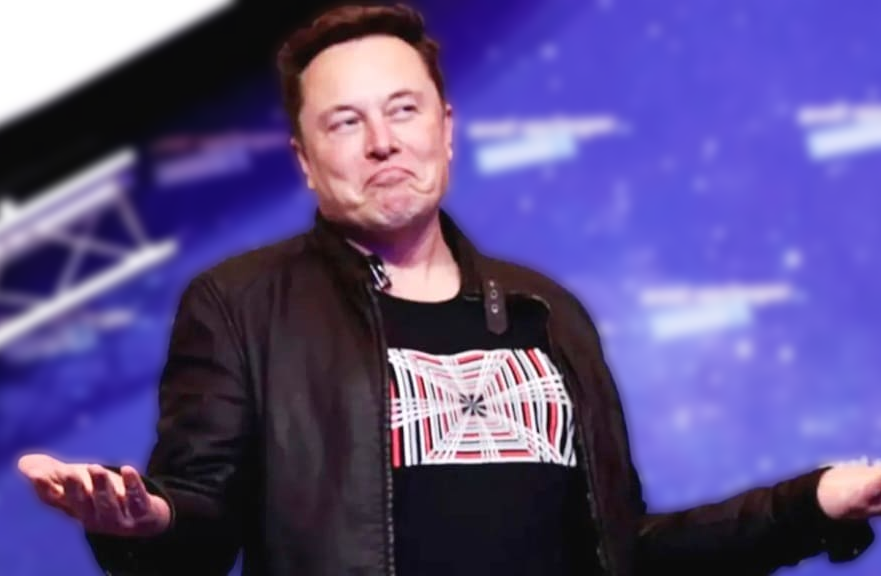
Tesla, Inc. was born in the year 2003 in the heart of California. The brainchild of Martin Eberhard and Marc Tarpenning, Tesla was a tribute to the genius of Nikola Tesla, a Serbian-American inventor. The company’s vision was clear - to revolutionize the automobile industry by introducing premium electric vehicles (EVs) and gradually make them accessible to the average consumer. Elon Musk, who joined the company in 2004, played a pivotal role in shaping Tesla’s product design and strategy. By the end of 2021, Tesla had sold a staggering 2.3 million vehicles worldwide.
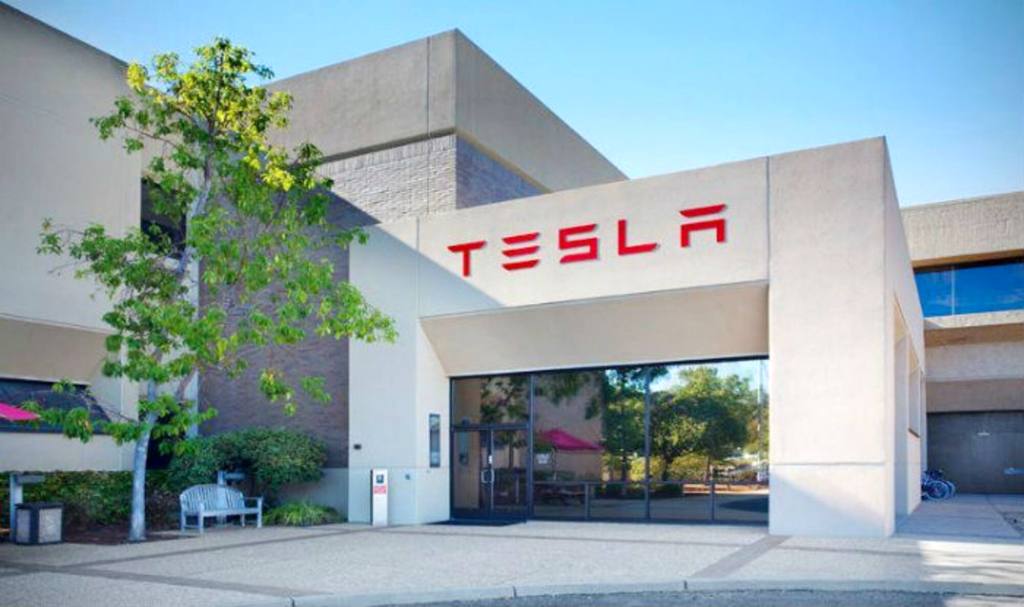
The Current Landscape of the EV Market
Fast forward to today, the EV market is booming while experiencing a period of significant growth and transformation. It’s projected that by 2024, battery electric vehicles (BEVs) will account for 16.2% of global passenger vehicle sales, up from 12% in 2023. The global EV market, valued at USD 384.65 billion in 2022, is expected to triple by 2030, reaching a whopping USD 1,579.10 billion.
The Nemesis of Tesla
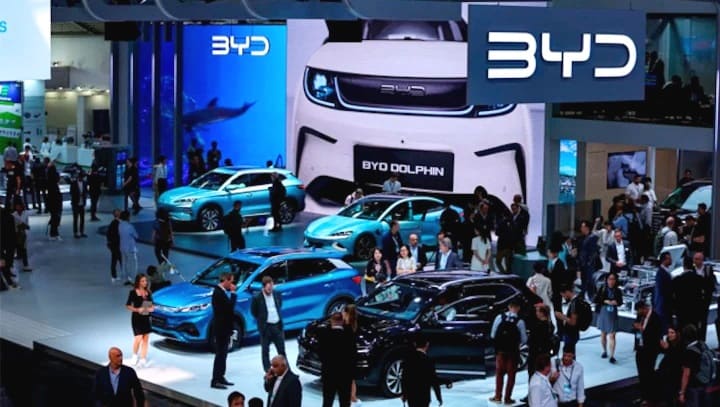
China, with its 94 EV brands and 300 models, is a force to be reckoned within the EV market. Chinese companies, including BYD, Wuling, Changan, and GAC, hold a commanding 81% share of the Chinese market. BYD had surpassed Tesla in the last quarter of 2024 as the top-selling electric car maker. Although, this coveted title of top-selling maker changed places again later but BYD is doing its best to become the undisputed leader. BYD has been surpassing Tesla in terms of EVs produced since the last two years. In 2023, BYD manufactured 3 million EVs. In the same year, China accounted for nearly 60% of new electric car registrations, with Europe and the United States trailing behind.
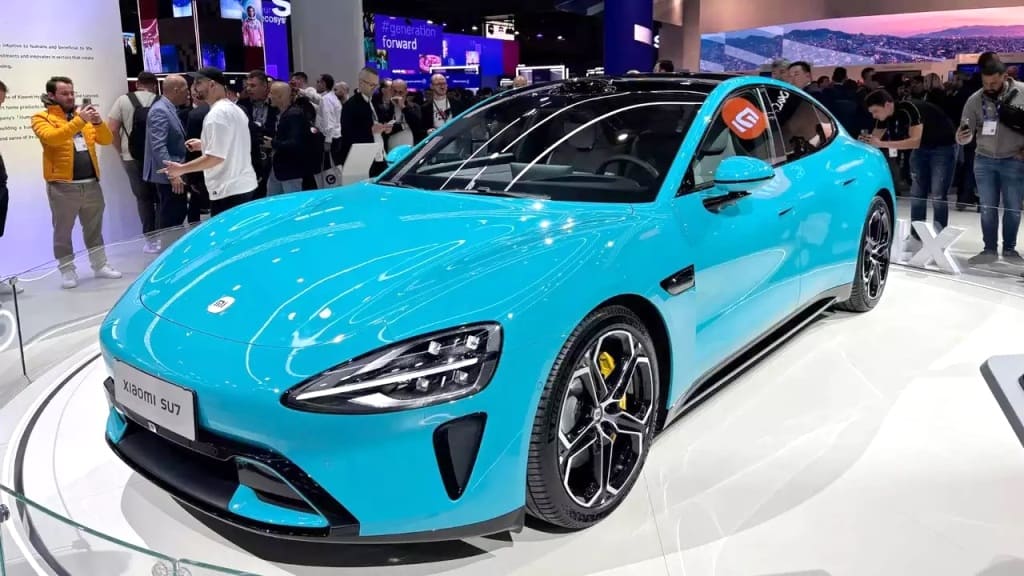
Another major Chinese entrant in the EV space emerged at the end of last year. We are talking about none other than Xiaomi. The already well-established brand pre-launched it SU7 EV on 28th December 2023, with the formal launch on 28th March 2024. The company reported the delivery of 8,646 Xiaomi SU7 series vehicles in May 2024, bringing the total deliveries to 15,764 till 31 May 2024. The company’s ambitions don’t stop there. Xiaomi Corp. aims to deliver 120,000 of its SU7 electric vehicles this year.
This target indicates the company’s confidence in its product and its potential to compete with established players like Tesla Inc. Xiaomi is trying its best to displace Tesla from its position, going as far as losing money on each EV sale. The company’s CEO, Lei Jun, admitted that Xiaomi is selling the SU7 at a loss based on current prices. A brokerage forecast estimated that the company would lose nearly $10,000 per car in 2024.
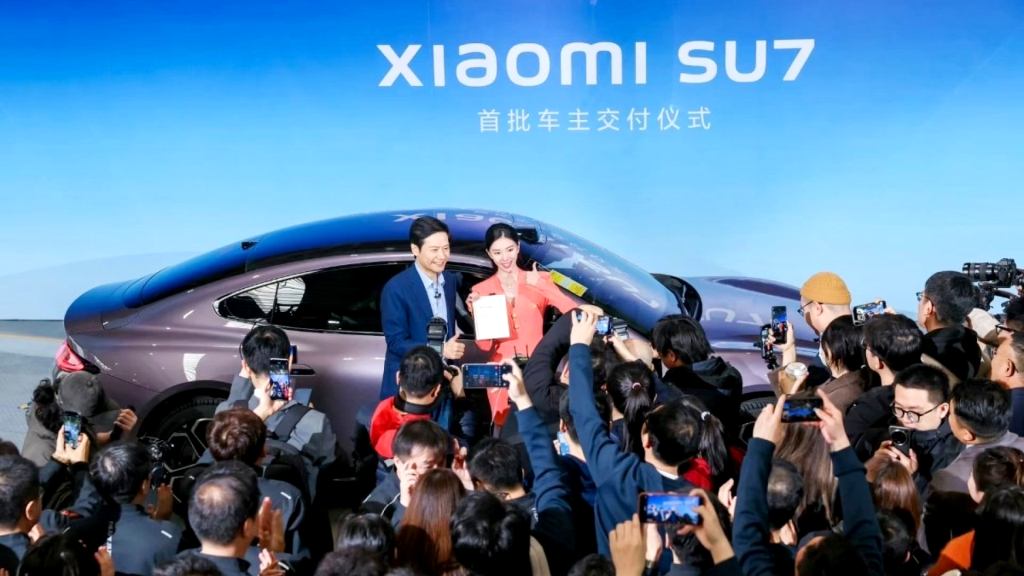
The aggressive pricing strategy is part of Xiaomi’s plan to gain a foothold in the highly competitive EV market. The base model of the SU7 is priced under $30,000, which is cheaper than Tesla’s Model 3 in China. Xiaomi can afford this price war with Tesla as it has $15 billion in cash reserves. This pricing strategy has resulted in strong consumer interest and high pre-order numbers. The car already has a waiting period of up to 7 months.
Chinese companies like Xiaomi also have strong backing from the state. Xiaomi is using state owned manufacturing facilities from BAIC for manufacturing the EVs. It has been long known that China’s government has been aiming to position China as the supreme EV superpower, the state has disbursed $28 billion to EV makers in the form of tax breaks and subsidies from 2019 to 2023 as part of its efforts to establish world domination in EV space. This has become a clear threat to Tesla, leading some to ponder the question- is the end of Tesla near?
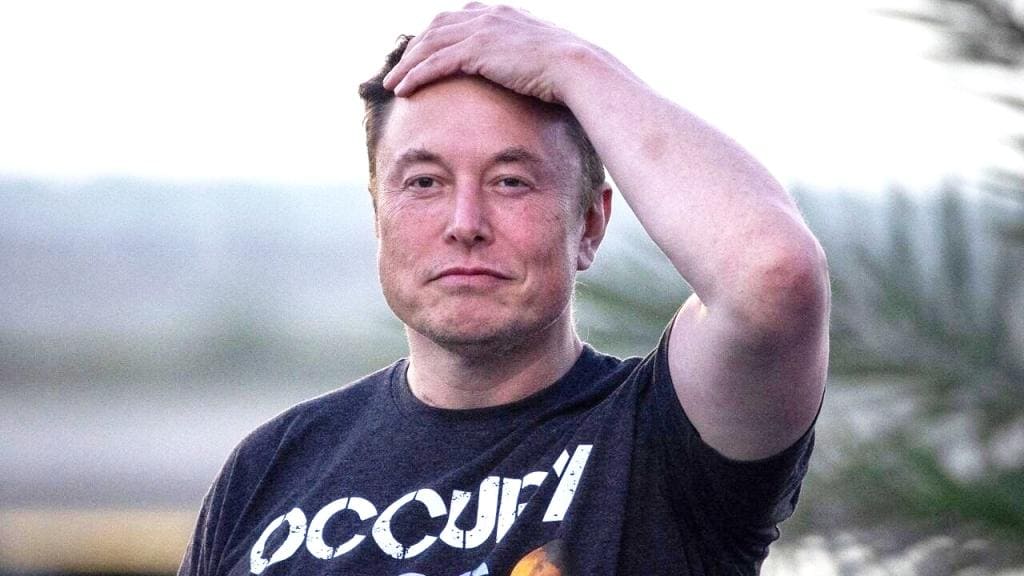
Elon Musk’s Support for Chinese EV makers
Elon Musk, the charismatic CEO of Tesla, has recently expressed his opposition to Biden administration’s tariffs on Chinese EVs. U.S. wants to make it difficult for China to sell EVs in U.S. but Musk has opposing stance. He believes that Tesla can compete effectively in the market without any tariffs or preferential treatment. “Neither Tesla nor I asked for these tariffs. In fact, I was surprised when they were announced,” he told a conference. He continued to say- “Things that inhibit freedom of exchange or distort the market are not good,”. However, this stance kind of contradicts his earlier warning that Chinese car makers could “demolish competitors” if there were no trade barriers.
The Rationale Behind Elon Musk’s Seemingly Contradictory Statements
Musk may not have included Tesla when he said ‘competitors’, he may be of the belief that Tesla isn’t in any sort of danger from Chinese EV makers. It could be that Elon is taking Chinese EV makers lightly when it comes to gauging their effects on Tesla’s bottom line. However, it must be kept in mind that once companies stop evolving and responding to changing market conditions, they risk being out of business just like Kodak, a company that once created a new category but then went bankrupt in 2012 due to not capitalizing on digital revolution.
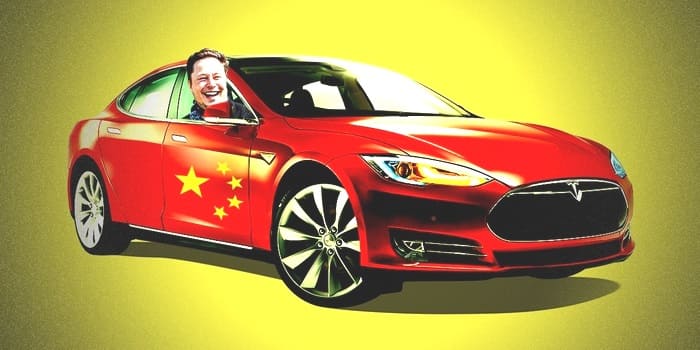
”Tesla competes quite well in the market in China with no tariffs and no deferential support. I’m in favor of no tariffs”, Musk said. This statement could actually be Musk’s strategic move to protect Tesla’s interests in China, which is a significant market for the company. With no tariffs, Tesla would be in an ideal position to compete in both the American and Chinese markets. Tesla’s Chinese arm happens to sell just about as many cars as Tesla’s US shop does. Therefore, Musk has a clear albeit a bit complicated motivation to protect China from U.S. tariffs. In simpler words, “you help me, I’ll help you” seems to be his mantra. But could Musk be committing a mistake by supporting Chinese EV makers? Should he put more thought to his decision and start to care a bit more about defending Tesla’s position in the U.S.? Is he underestimating China’s capability to decimate Tesla?
Only time can tell.
Conclusion
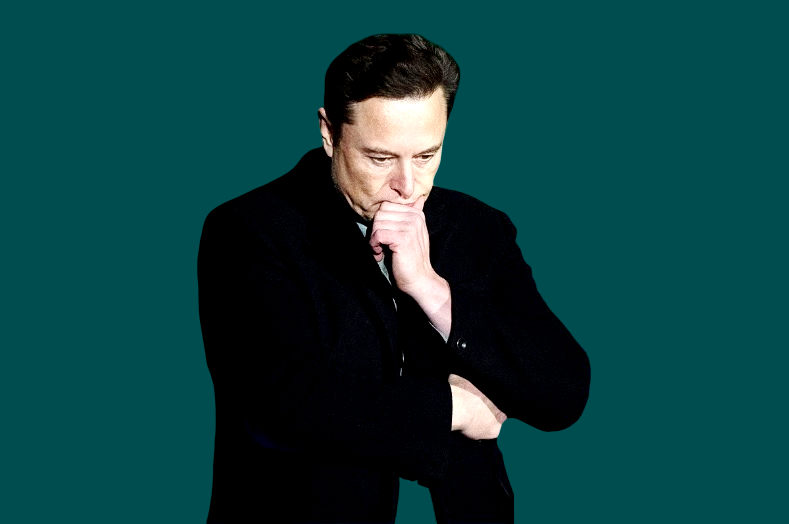
The rise of Chinese companies and the changing dynamics of the EV market signal a potential shift in Tesla’s fortunes. While Tesla has been a pioneer in the EV market, its future now seems uncertain. Tesla’s end as an automaker may seem imminent, but it must be taken into account that Elon has navigated a lot of difficulties in his entrepreneurial career and emerged as a winner most of the times.
Elon has a greater vision for Tesla that stresses more on being the autonomous driving technology leader. One of the reasons that he doesn’t care about Chinese competition could be that he knows that Tesla is years ahead in its self-driving technology and has a store of high quality data. This position is very hard to replicate. However, whether this marks the end of Tesla or just a new chapter in its story remains to be seen. Hypothetically, Tesla could even pivot to just being a technology provider and still print a ton of cash. One thing is clear though - Elon Musk, with his contradictory statements and seemingly indifferent attitude, continues to be a fascinating figure in this unfolding narrative.
